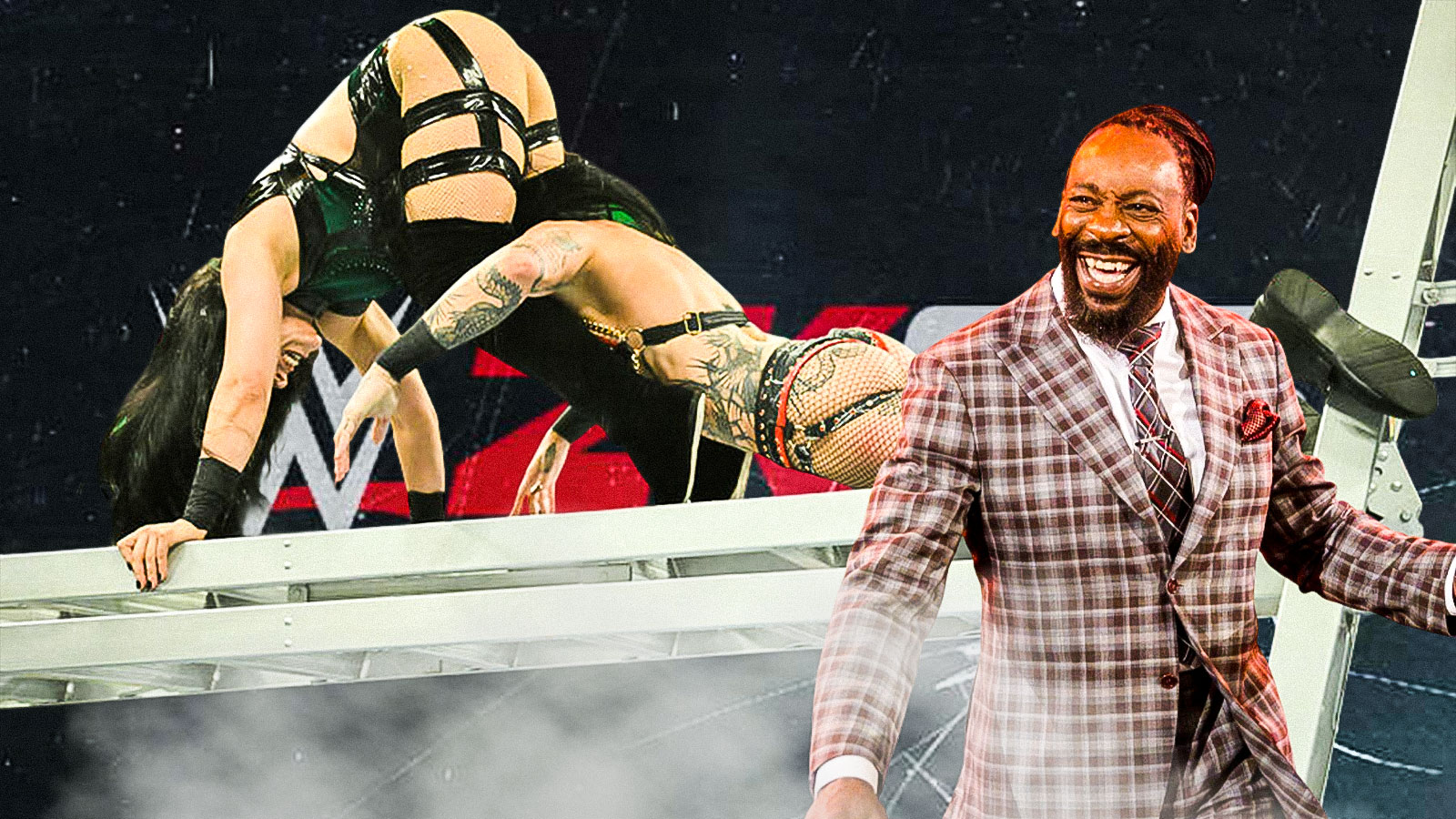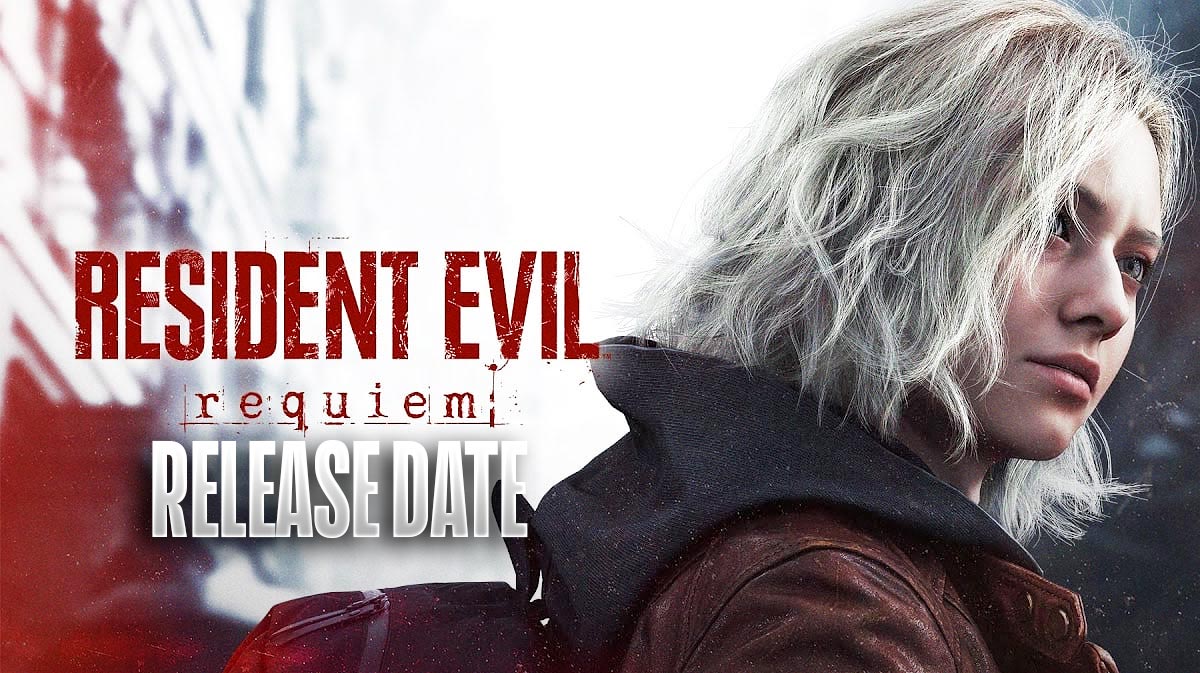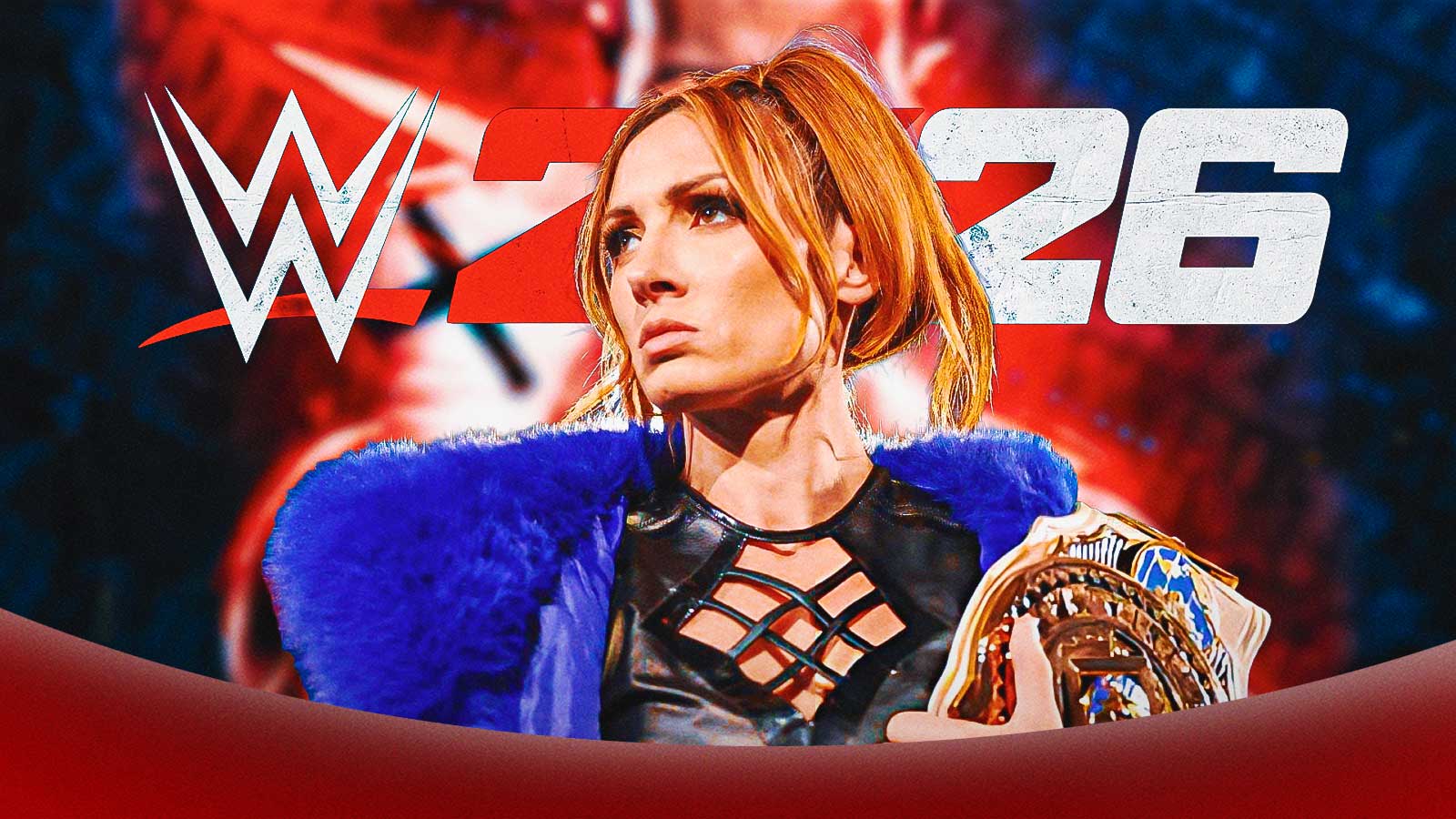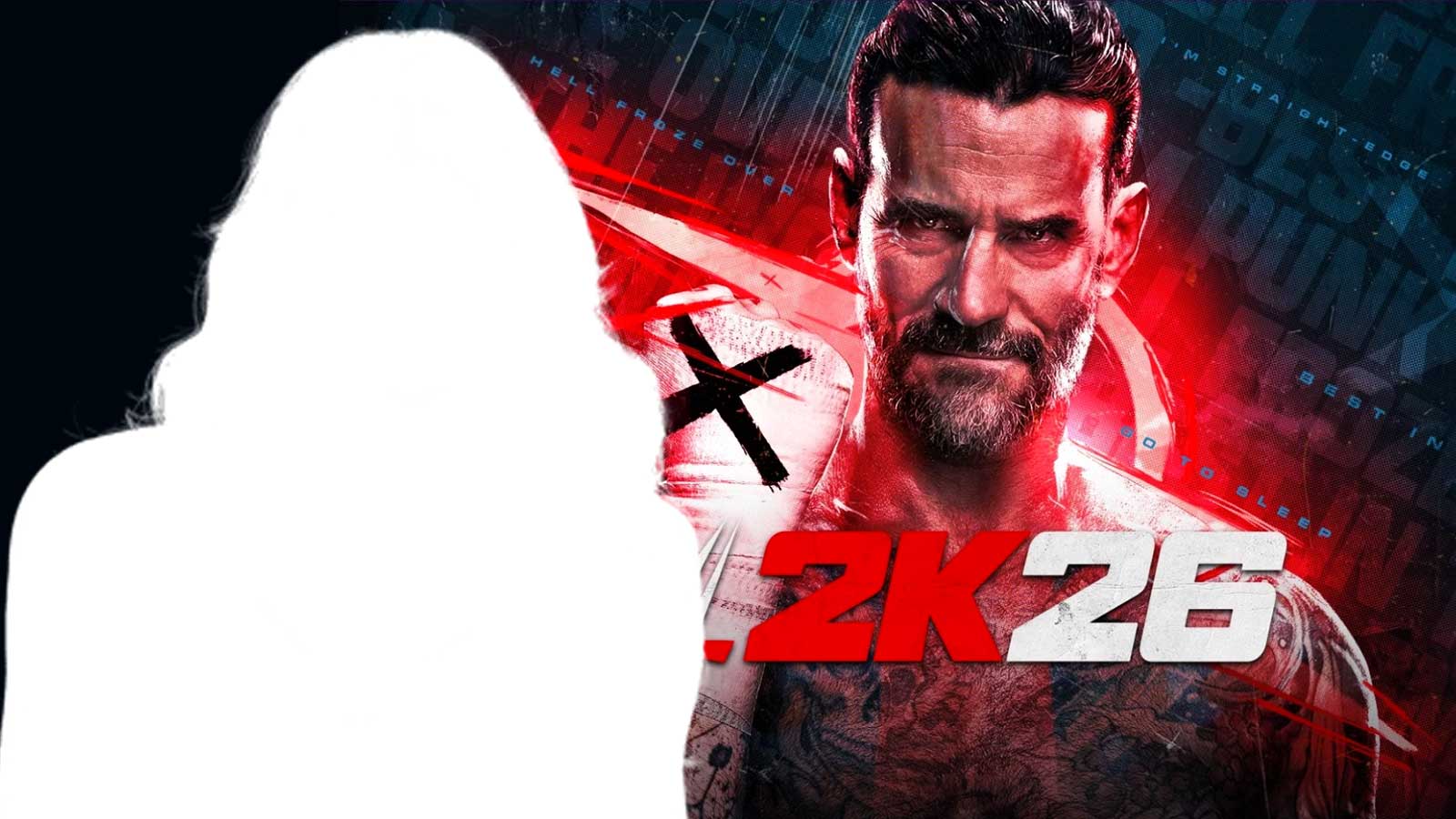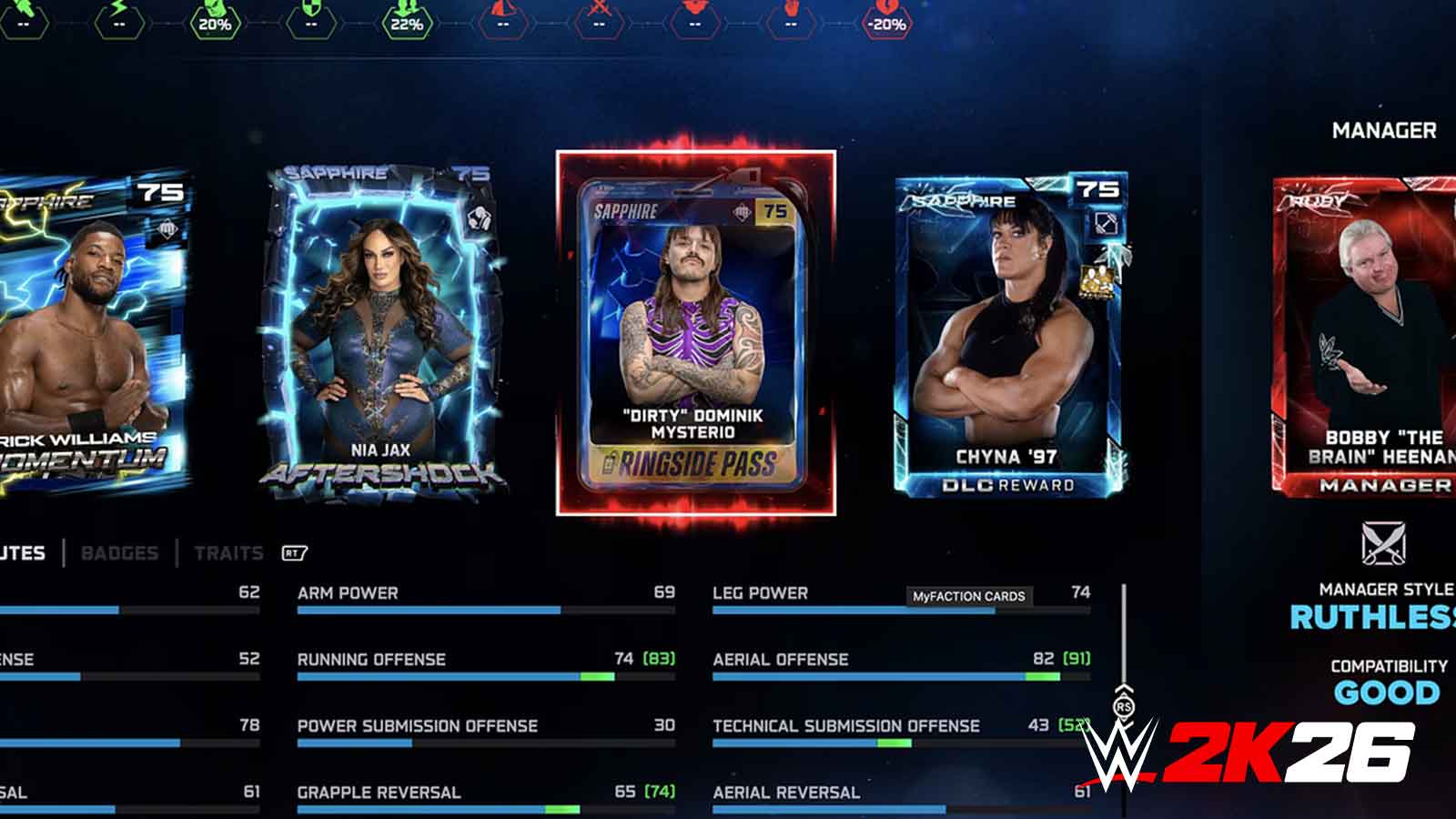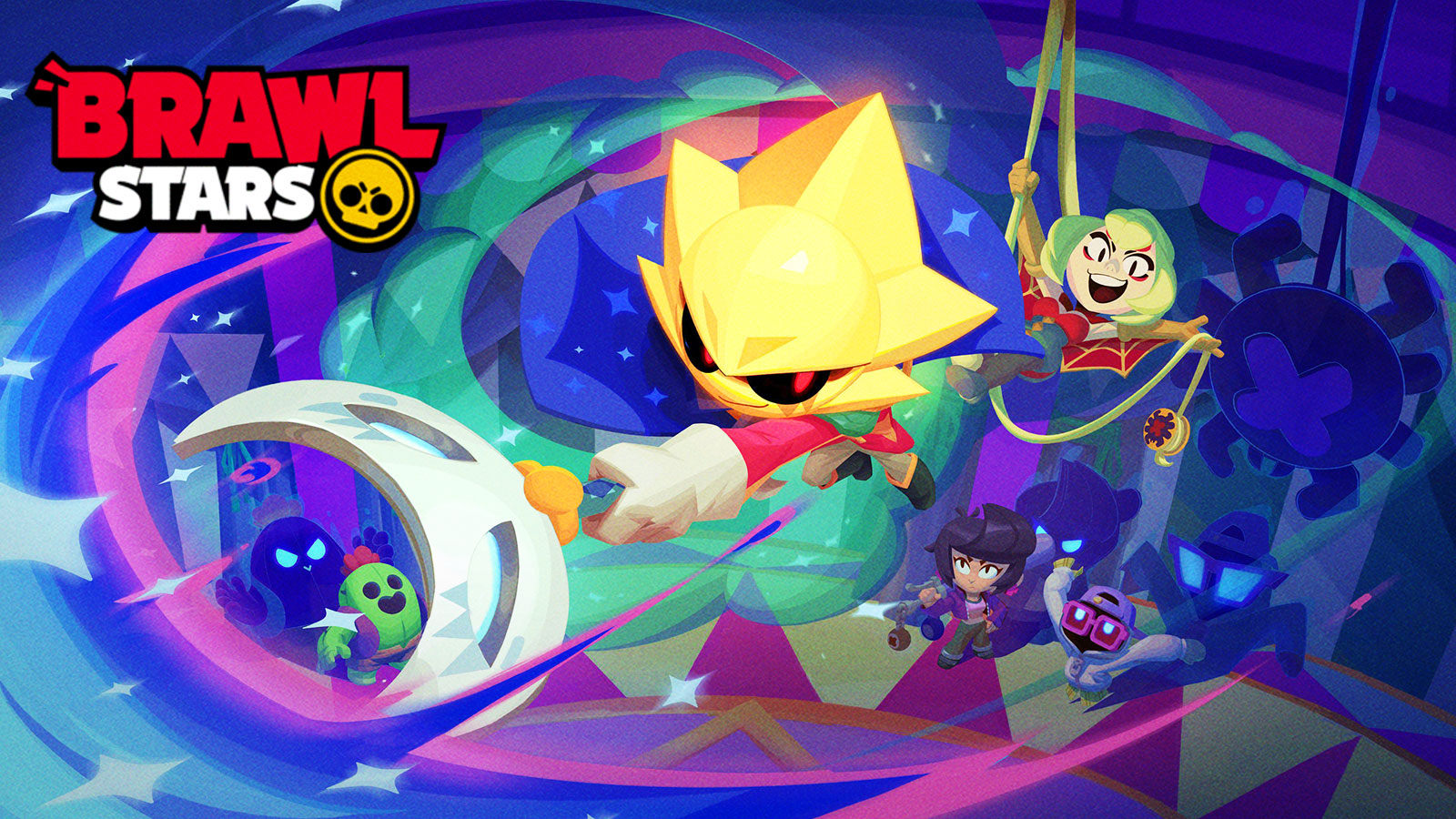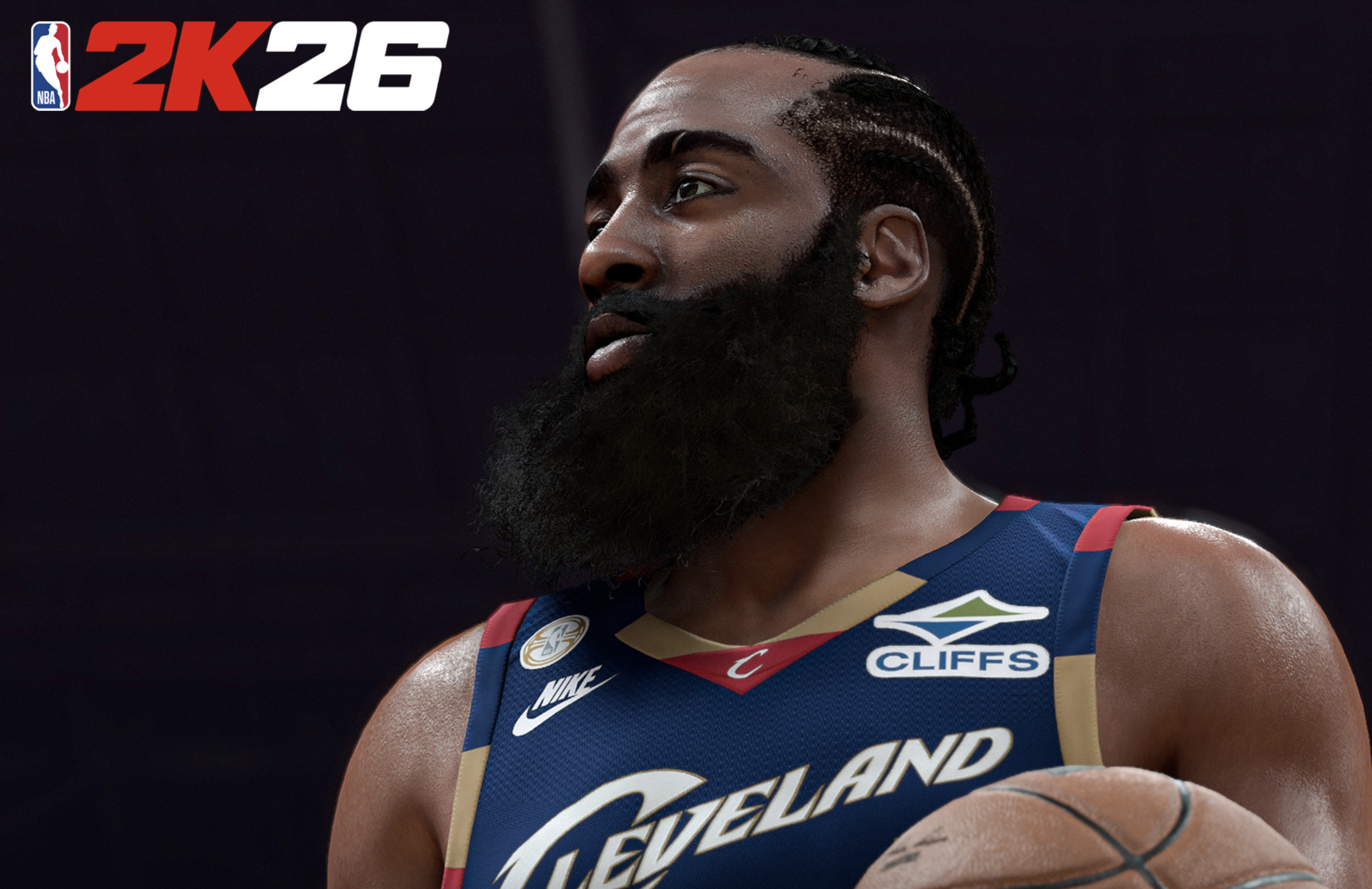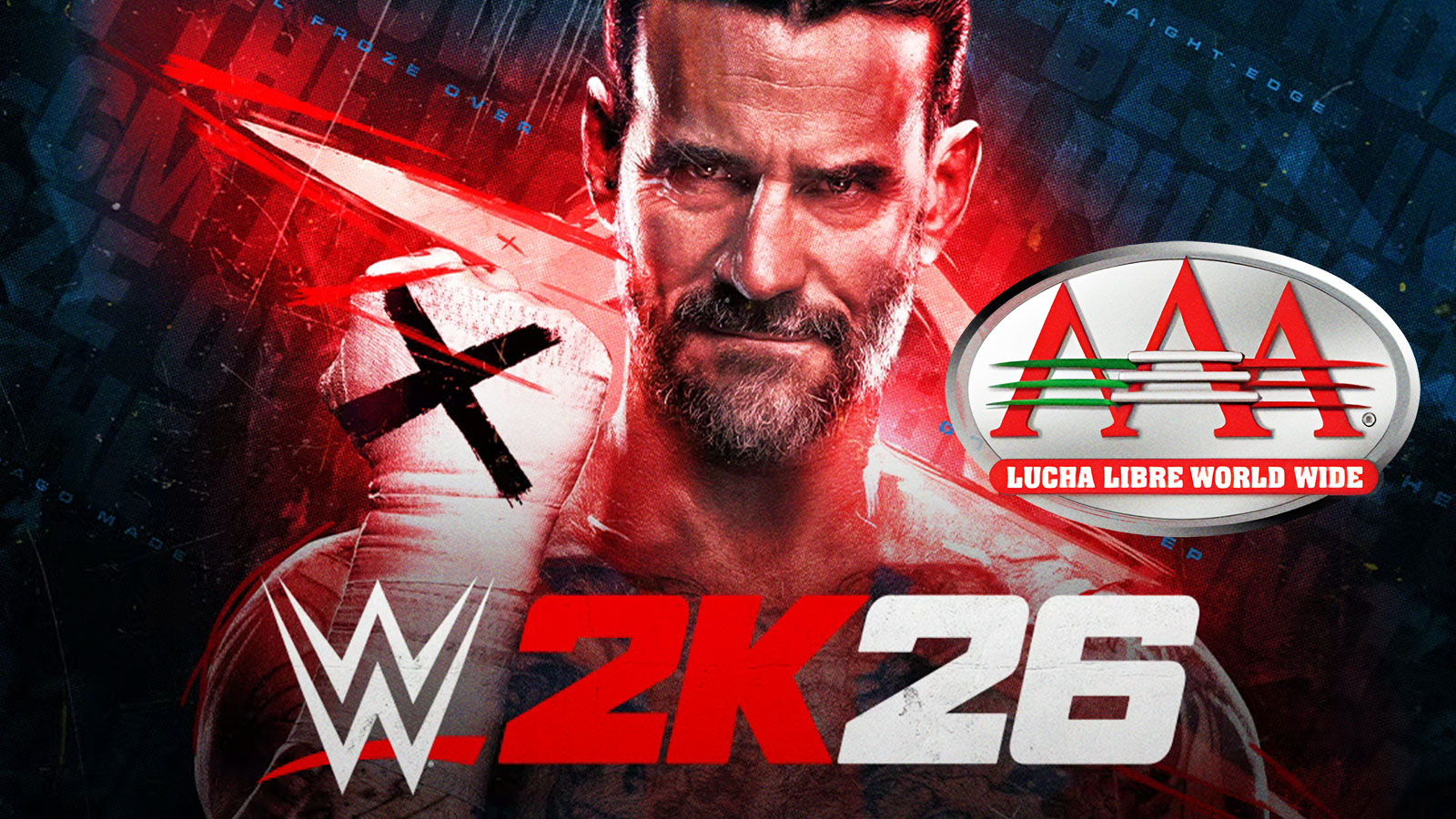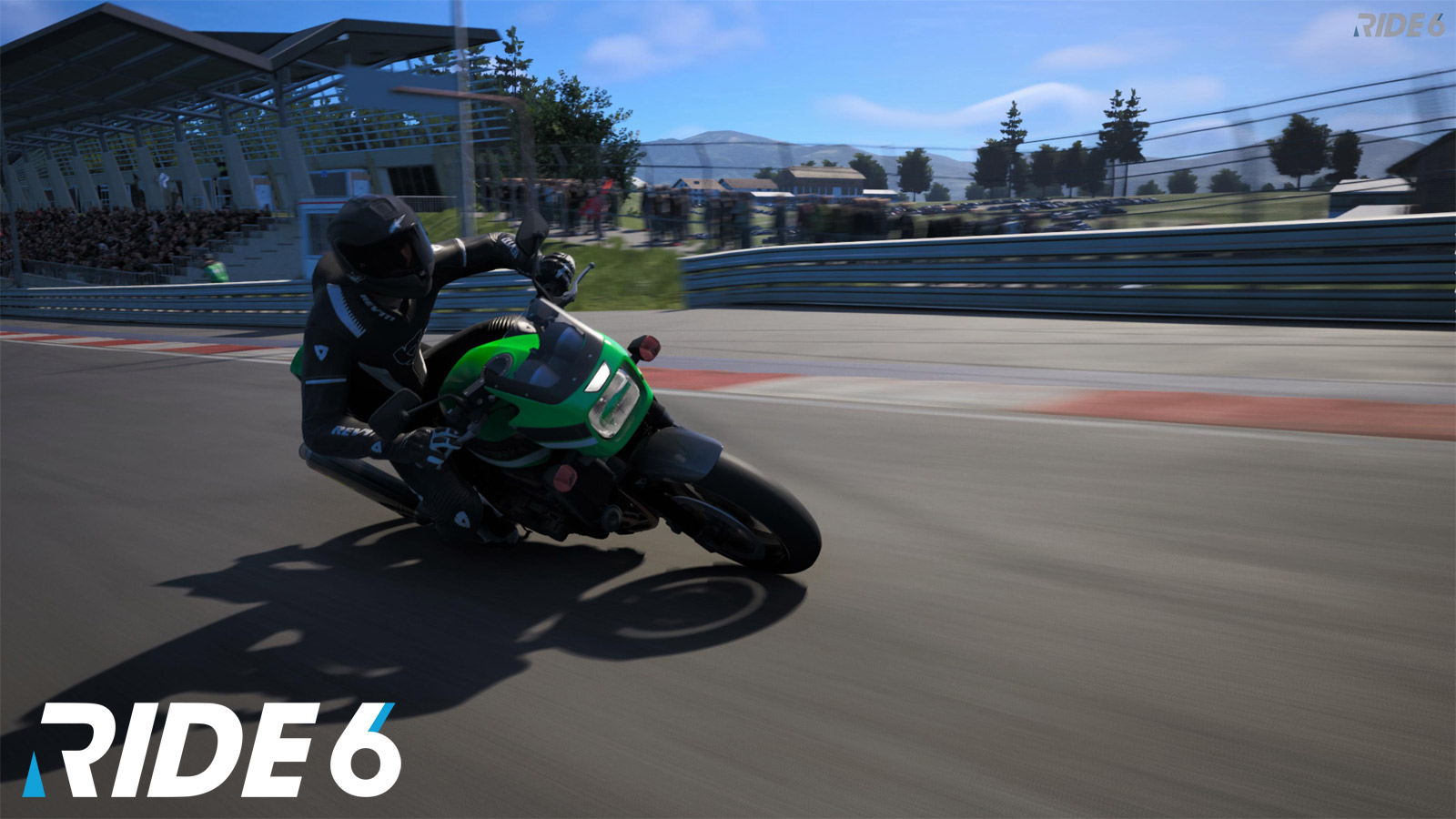The retirement age of professional sports athletes usually fall on the late thirties or early forties. Professional wrestlers enjoy decades-long careers, with some even competing at their sixties. Why then do professional esports athletes, whose peak physical activity only involves jumping up and down in victory, retire so early? What do they do after retiring?
Start early, retire early

In esports, players can start their careers as soon as they learn how to operate a computer. Take Victor “Lil Poison” De Leon III, who holds the Guinness World Record for being the youngest esports player ever, who joined his first Halo tournament at the age of four, and signed his first playing contract with Major League Gaming when he was six.
However, the retirement age of esports athletes also come sooner than others. While most professionals retire at sixty, and most athletes in their forties, esports players retire around the age of 25. Most players reach their peak in their early twenties.
For example, we have ex-Counter-Strike: Global Offensive pro Michael “Shroud” Grzesiek, who retired in April 2018, just two months before his 24th birthday. League of Legends' veteran Søren “Bjergsen” Bjerg of Team SoloMid announced his retirement last month, aged 24.
It's not like players don't have a choice – Dota 2‘s oldest active pro, Clinton “Fear” Loomis, still competes at 32. But at 30 years of age, you're already considered ancient in esports.
Try to keep up, gramps
One of the main reasons why pros retire is entirely phyiscal: they can no longer keep up. NBA champion Dwyane Wade shared a few months the moment that made him say, “I knew it was over for me.” He watched Kings' guards De'Aaron Fox and Buddy Hield run and shoot across the court, and knowing that he can't possibly keep up, realized that it's time to go.
The same goes for esports retirement. Studies on esports players‘ health and performance show that what appears as simple keyboard and mouse presses actually take a lot of effort. To remain competitive, players need fast reflexes, high hand-eye coordination, and nimble hands. In an interview with The Washington Post, physician Dr. Todd Sontag reveals about esports athletes:
“Their eye-hand coordination starts to deteriorate by the time they’re 25 years old,” says Sontag. “The 18-year-olds have already been playing for 10 years and they’re quicker than the older players. It’s hard to continue to compete past their mid-20s and there’s just not that many spots open.”
Esports competitions require many more split-second decision-making than any other sport. The dexterity of players is very important to their success. And when they start pressing less buttons than the younger players, it's time for them to retire.
Hand and eye injuries
Career-threatening injuries happen all the time in other sports. It happens in esports too, but to a lesser extent.
Due to the nature of the games, players spend hours sitting in front of their computers. Esports athletes train for hours as part of their job, and many players tend to neglect their physical needs. Players could forget to stand up and stretch, leading to a whole plethora of back and spine problems.
But perhaps the most fatal injuries – at least for esports careers – are wrist injuries.
In 2015, professional League of Legends player Hai “Hai” Du Lam announced his retirement due to a wrist injury, news that caused a frenzy in mainstream media then. Although Hai would return to compete just months later, he said in later interviews that he can't play for long hours without feeling pain on his wrists, limiting his capability to compete.
Health issues

Meanwhile, the lifestyle choices of gamers can also end their careers. Players who do not watch their diet and don't exercise regularly may end up with a variety of health problems. Add these factors to the stressful life of always being under pressure, some players end up retiring due to health issues.
The most recent example of this is China's most famous League of Legends player, Jian “Uzi” Zihao. In an interview with Nike, Uzi revealed that doctors say that his body is like of a 50-year-old's. When the 23-year-old player announced his retirement, he said:
“As a result of staying up late for years, a fatty diet and being under insurmountable stress, last year I found out that I was type-2 diabetic… The doctor has told me that if I continue there could be serious complications.”
Even in esports, diet and exercise are vital to remain fit and competitive. In recent years, esports organizations have increased their focus on the physical and mental health of their players. Physical trainers, sports scientists, and even psychologists have been hired by these teams to keep their players in shape. And it seems like it works more than people would expect. The winners of The International 2019, OG, had a team psychologist that helped them manage the pressure of high-level competitive play.
Only the best survive
Perhaps the least noticeable factor in the retirement of pro players is the cutthroat nature of the industry. As a young industry, most systems in place are still not optimized, even in the world stage.
Take Dota 2, for example. Valve, the creators of the game, organizes their annual competition The International, where the best teams in the world compete for the highest prize pool in the world. The International is Valve's top priority, where they pour most of their resources for their competitive efforts.
However, according to analyst Kyle Freedman, this is exactly what hurts the game in the grassroots level. Without enough support from Valve, independent organizers cannot sustain tournaments with large prize pools. This was especially true during the coronavirus pandemic, in which Freedman alleged that Valve has not done enough to make sure its community survives.
Thankfully, Valve has since responded to these perceived issues, approaching tournament organizers around the world, offering them monetary support to hold their tournaments on behalf of Valve.
There are also teams who rely on their prize winnings for their sustenance. Not all teams pay their players monthly salaries. Thanks to the pandemic, events with usually large prize pools were either cancelled or down-scaled. Without the tournaments to sustain them, some players just choose to retire.
Post-retirement careers in esports

Retirement from the arena doesn't always mean an end of a career for esports athletes. There are many different career choices that they usually diverge to.
The most common may be becoming a streamer on popular platforms such as Twitch and Facebook Gaming. The young players mentioned earlier, Shroud and Lil Poison, transitioned to streaming as soon as they left the scene. Shroud is even considered to be one of the most successful streamers in the world, with a net worth of $16 million.
Streaming could be a lucrative career choice for entertainers and charismatic players. Former stars like Shroud could leverage their popularity as a player to become successful in streaming.
Others become coaches or analysts for teams. Fear, mentioned earlier, have made numerous transitions between coaching and playing. Sometimes, players from one game even become coaches for other games, such as the case for Polt in T1.
Albeit a rare occurrence, some players find themselves holding administrative positions in their organizations. Hai became the CEO of the team Radiance four years after his retirement. T1's Lee “Faker” Sang-hyeok, although not yet retired, became a co-owner of the organization, and has expressed his intention to work with them post-retirement. Faker is one of the world's most successful esports athletes, with a net worth of $4 million.
Finally, esports athletes can also take the Shaq route. Freedman himself was a player for the team compLexity Gaming prior to becoming an analyst.
Just like in any other sport, esports athletes may end their career with their retirement. But just like in other sport, life doesn't end upon leaving the arena. While pro players tend to have shorter careers, it doesn't make them any less deserving of the respect we give to athletes in other sports.









